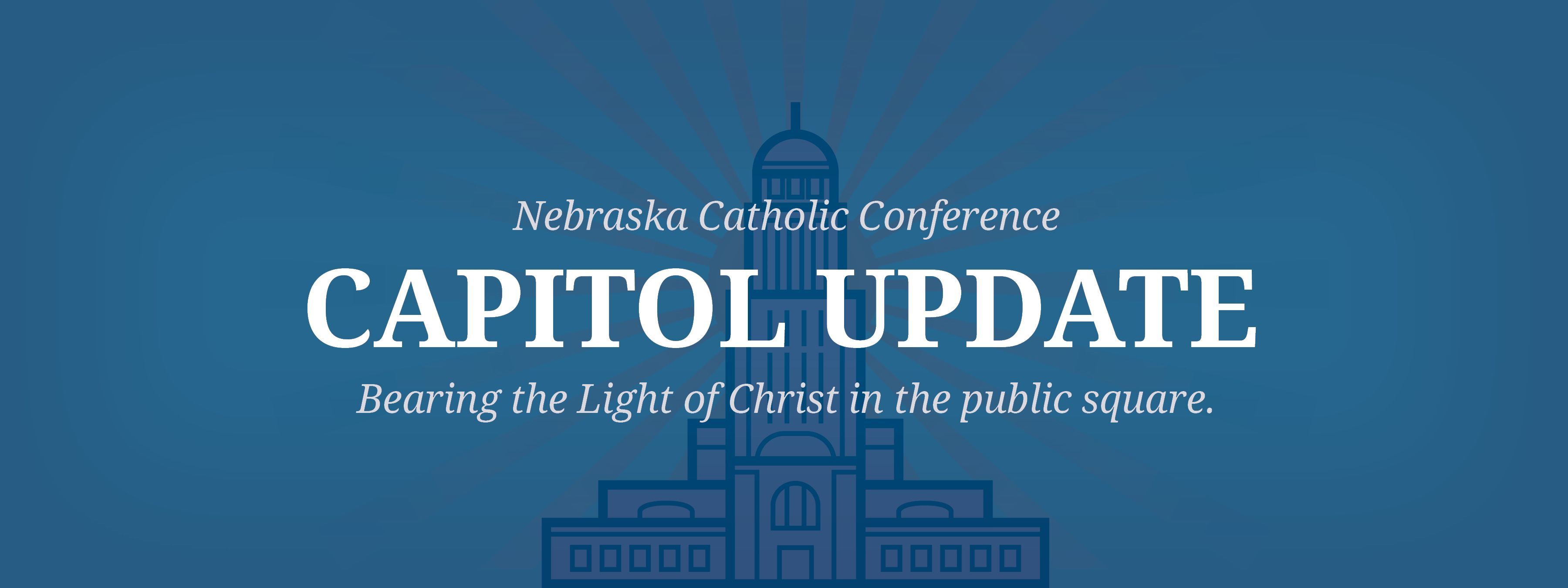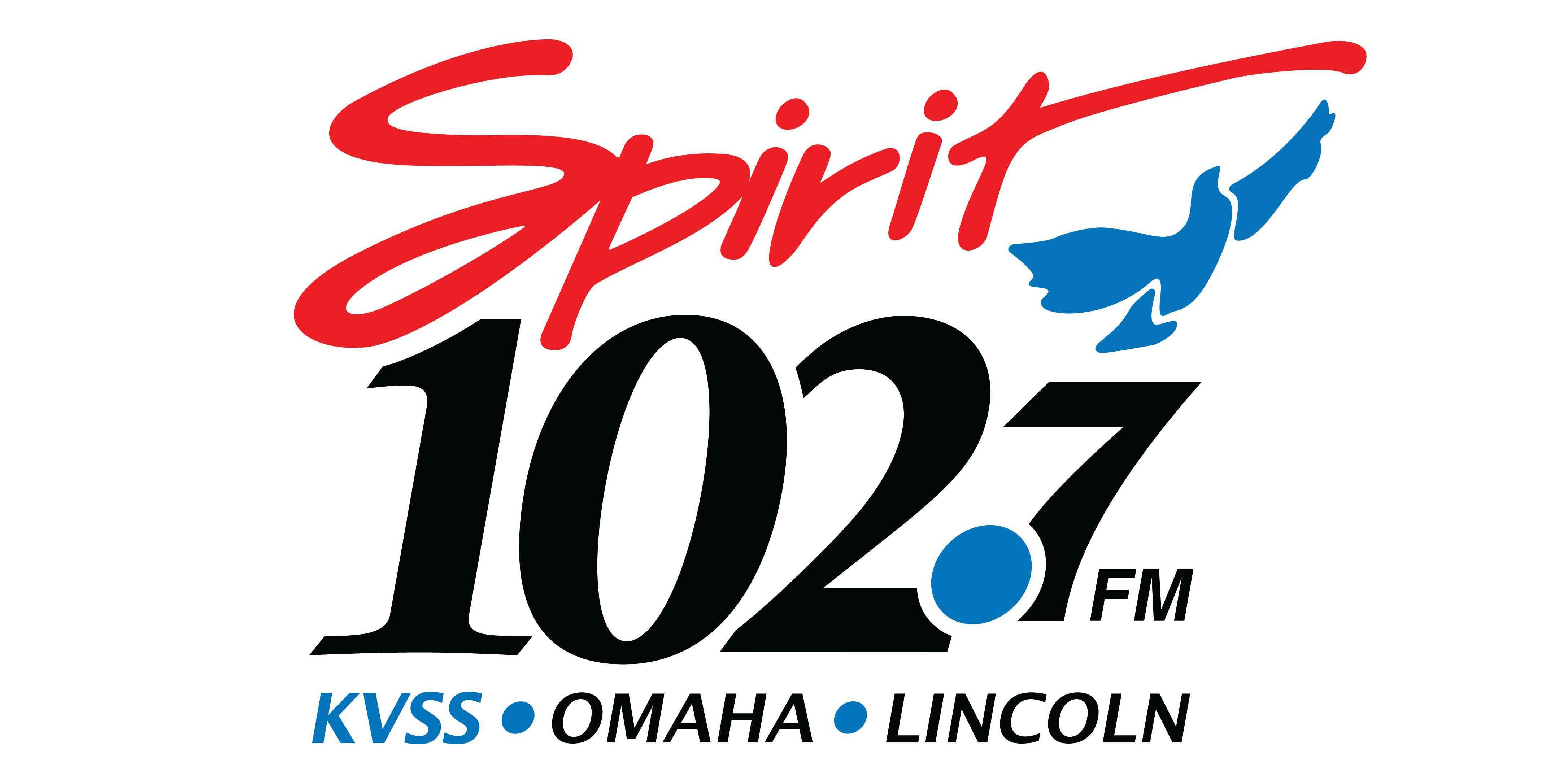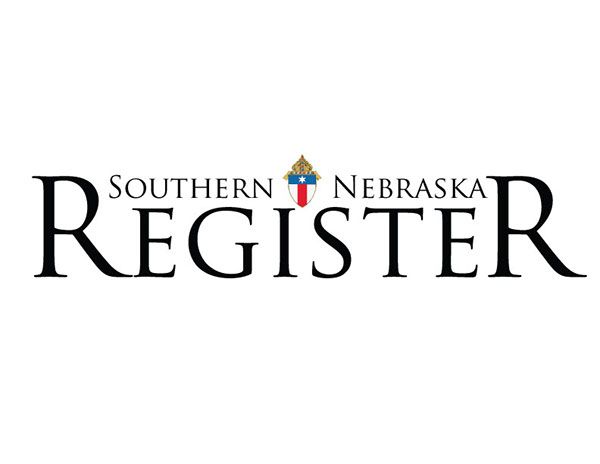In my previous column I promised to offer ideas for implementing the newly released “The Identity of the Catholic School for a Culture of Dialog” (called “The Identity” from this point forward). As a refresher, “The Identity” was released by the Church to address the troubling trend of declining Catholic school enrollment caused by a culture of rabid secularism (tipping quickly toward anti-religious).
“The Identity” calls for the renewal of Catholic schools by proactively returning to our roots as Catholic school communities (as opposed to being reactive institutions). Those roots of fidelity to the Church are important and will be discussed at the conclusion. But I’d like to focus first on the community members who are so vital to the well-being of our schools.
Parents
Essential to a school community, and the primary educator of their children, parents are the lifeblood of the Catholic school community. Amazingly, our culture is disputing the role of parents in the education of their children, but the Church is clear and consistent in their prioritization.
Catholic schools must be places where parents are known, respected, and valued. Their input helps shape the community. Likewise, parents must engage and hold the school accountable to the Church’s mission. As a Catholic school educator for 20 years, I can attest that our schools live lean and mean; they need a little bit of everything to run well. Parents should present whatever gifts they have, and schools should put them good use!
Students
“The Identity” points out that a “distinctive feature of its ecclesiastical nature” is that a Catholic school is a “a school for all, especially the weakest.” It specifically notes embracing the “socially and economically disadvantaged” and “persons with disabilities.” In short, our Catholic school communities are called to ask the hard question: Are we making the gift of Catholic education accessible to as many as possible? In asking this question we are honoring our catholic, diverse, and worldwide Church’s mission to bring all to Christ.
Students, for their part, are the connection between all their families, teachers, administrators, and parish leaders. As such they have unique perspective and insights. Students should partner with their school communities, become active in their parishes, communicate openly, and become engaged citizens ready to bear Christ’s light to the outside world.
Teachers
“The Identity” calls Catholic school teachers to vocation rather than profession. Typical university educator training programs focus on theory and “teacher work force development” rather than the intimate calling to form young hearts, minds, and souls. (Education Week sadly makes the point by recently publishing a column entitled “I Don’t Have to Love My Students to be a Good Teacher”) The stars of our Catholic communities should be the teachers and it is our job to lift them up as such. We must commit to the spiritual formation of these overwhelmed heroes. As “The Identity” says: “There is no separation between time for learning and time for formation, between acquiring notions and growing in wisdom… because while one teaches one evangelizes.”
In other words, Catholic school communities must commit to the formation of their educators by living it, not through one-off seminars and workshops. Much of that work falls to...
Administration
Being a Catholic school administrator is a daunting job. With an endless flow of tasks and limited energy, administrators must ask themselves if they are building managers or Catholic education leaders. They prioritize two things if they are the latter: Revealing the body of Christ that is their school community and guiding the formation of their staff.
They are the lead evangelists, but administrators can only give what they have. Therefore, the community must support administrators as they study the Faith, go on regular retreat, and become confident evangelizers of the community. And to my administrator friends, know this: there will always be another “hot” email, another meeting out of nowhere, another fire to put out.... But there is only one mission: leading your Catholic school community on their walk to heaven.
In closing, the troubling time we live in makes “The Identity’s” call to action a necessary one. We face pressing issues from all sides during this historic, pivotal era. However, history should be instructive: Catholic education in America exploded during a period from 1830-1875 in which anti-Catholic sentiment was the norm: Catholic churches were burnt, immigrant Catholics were beaten, religious were abused, and bigoted anti-Catholic “Blaine Amendments” were the standard. The response of the lay faithful and religious at that time was to double-down on Catholic education in response to the culture. In so doing they not only built the Church in America, they shaped the future of our Faith and nation. “The Identity” rightly asks us to do the same.







